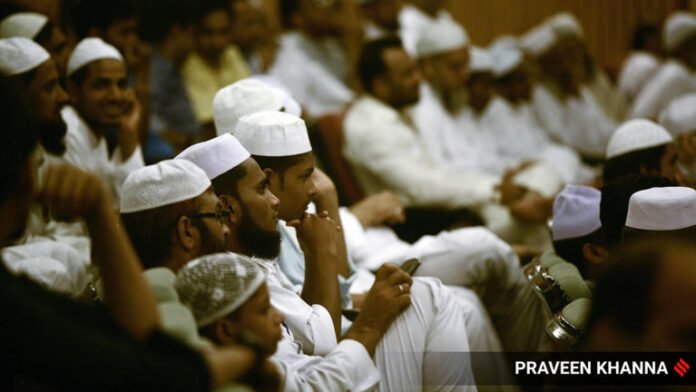The All India Muslim Personal Law Board (AIMPLB) has raised serious objections to the Joint Parliamentary Committee’s (JPC) approach to the Waqf (Amendment) Bill. According to the AIMPLB, the committee has violated procedural guidelines and excluded essential voices in discussions on Waqf property management.
Procedural Concerns
The AIMPLB has claimed that the JPC is not adhering to established rules. AIMPLB spokesperson Dr. SQR Ilyas argues that the JPC has primarily consulted with government bodies and organizations affiliated with the RSS. However, it has not sought input from Muslim organizations directly involved in Waqf property management. This approach, AIMPLB contends, ignores those with a legitimate stake in the issue. Dr. Ilyas believes that following these procedures would ensure fair representation for all groups affected by the Waqf (Amendment) Bill.
Demand for Inclusive Consultation
The AIMPLB has demanded that the JPC hold comprehensive discussions with all relevant stakeholders before making recommendations. Dr. Ilyas expressed concern about the JPC’s “hasty” approach, calling it a barrier to fair dialogue. The AIMPLB emphasizes the need for an inclusive approach, where all parties, especially those within the Muslim community, can voice their perspectives on the proposed changes.
Opposition to Non-Muslim Representation
One of the most debated aspects of the bill is a proposal to increase non-Muslim representation on Waqf boards. AIMPLB strongly opposes this provision. They believe it could weaken Waqf property management, which is crucial to the welfare of Muslim communities across India. The AIMPLB argues that non-Muslim representation could compromise the autonomy needed to protect religious endowments effectively.
Property Rights Concerns
The AIMPLB has also raised concerns about the impact of the bill on the property rights of Muslim communities. They argue that the proposed amendments aim to reduce Muslim control over Waqf assets, which have already faced challenges such as illegal encroachment. According to AIMPLB, this bill could threaten the religious and cultural autonomy of Muslim endowments.
Rising Tensions and Legislative Fairness
The AIMPLB’s concerns have added tension within the JPC. Some opposition members have even considered withdrawing from discussions, citing bias and underrepresentation of minority concerns. This development highlights a broader issue in India’s legislative process regarding minority rights and transparent practices.
Call for Procedural Fairness
In response, the AIMPLB urges the JPC to follow legislative rules and involve relevant stakeholders in a fair review process. The organization stresses that any changes affecting Waqf properties should be made only after meaningful dialogue with those who directly manage these assets.
The outcome of this debate will likely impact the future governance of Waqf properties and minority rights in India. The AIMPLB’s objections emphasize the need for transparency and inclusivity, both of which are essential to fair legislative practices in a diverse nation.



